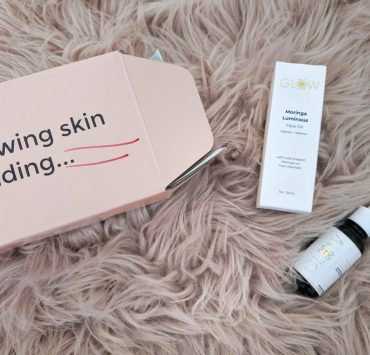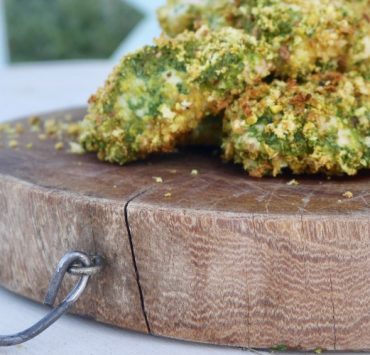
I… Was… Wrong.
I was that black girl that would see a white mom with a mixed daughter and I would judge the hell out of the fact that she let her little girl leave the house with a fuzzy mess on her head.
Growing up in the Carribean, we were taught that only poor homeless people had their hair in a fuzzy mess.
When I met my best friend, who is a Caucasian mom with a mixed daughter, I felt it was my duty to educate her on how and why it was of the utmost importance to do her mixed child’s hair before leaving the house. Or do NOT leave the house.

Funny how all it takes is adding another daughter with big hair to the mix to change one’s point of view. Now with two daughters, I’m tired and am guilty of leaving the house with two fuzzy nappy heads. It is so hard keeping up with braiding, deep conditioning and de-tangling.
Do I think it’s important? Yes. But definitely not of the utmost importance.
Why do I see importance in doing my girls’ hair? Because, my greatest fear is that my daughters will not feel pride in their beautiful curls. Especially as a minority in appearance. So I want to put the effort in to keep their hair as beautiful as possible.

There is truth to the sensitivity of this issue because the black community has battled with the idea that, straight (soft) hair is good hair. And the nappier the hair, the uglier it is.
For me growing up, my mom would always compare my hair to barbed wire. She often complained that it cut her fingers when braiding it. She wasn’t wrong, the strands of my hair are just that thick. My hair is difficult to manage. But it is still manageable.

My oldest daughter’s head has these beautiful thick curls that look stunning when they are taken care of. But given 24-48 hrs of neglect and it becomes a major fuzz ball that even begins to turn into dreads.
It’s not practical to keep my daughter’s curls perfectly conditioned. It’s not even practical to refuse leaving the house or taking pictures unless her hair is done.
The fact of the matter is, I want my girls to love their hair. No matter if it is or isn’t in a perfect state. I don’t want them to look at those with straight hair and feel jealous. I also don’t want them to believe that they are only acceptable when their hair is perfectly combed.

I’m honestly so torn. It still hurts me to see little mixed girls in public with messy hair. But I definitely do not want to make them or their moms feel like failures because of this. I don’t want to assume that a little mixed girl with uncombed curly hair, hates her hair. Or that her mom hates her hair.
I know there is a balance somewhere concerning teaching my little girls to love their hair no matter what. And feeling pride in it whether it is a fuzzy mess or in perfectly conditioned curls.
My aunt always said, “We have to do our best with our nappy hair. But it’s just hair. It will grow out, get damaged, fall out and regrow. That’s what hair does”.

My advice to a mom that doesn’t know how to do her mixed daughter’s hair would be, put more effort into learning along side your daughter how to do her hair. Even if you are not capable of putting these methods into practice now. Still equip her with the tools to take care of her hair when she’s old enough. And equip yourself with the tools to put the effort in when you are able to or when the occasion calls for it.
Some key notes to dealing with mixed curly hair is,
- Don’t let it dry out. Always maintain moisture. (Let coconut oil be your best friend for this).
- Better to condition more than shampoo.
- Never dry comb. You’ll take clumps of hair out with the comb.
- Do not wash curly hair as often as you would straight hair. Washing too often will dry it out.
- When in doubt, YouTube/Google/Pinterest
- Inform those that babysit how to take care of your daughter’s hair.
The greatest lesson I’ve learned is to not view my knowledge on curly hair care as prime knowledge. Curly hair comes in many different textures and curl patterns. Not every curl is the same or will respond to hair products the same way.
I’ve realized curly hair care is a journey better to take with friends. So my Caucasian mom friends and I are always sending each other tips and asking each other questions. We’re on complete opposite ends of the spectrum when it comes to our own hair textures and that of our mixed daughters’ hair, so we work together.



